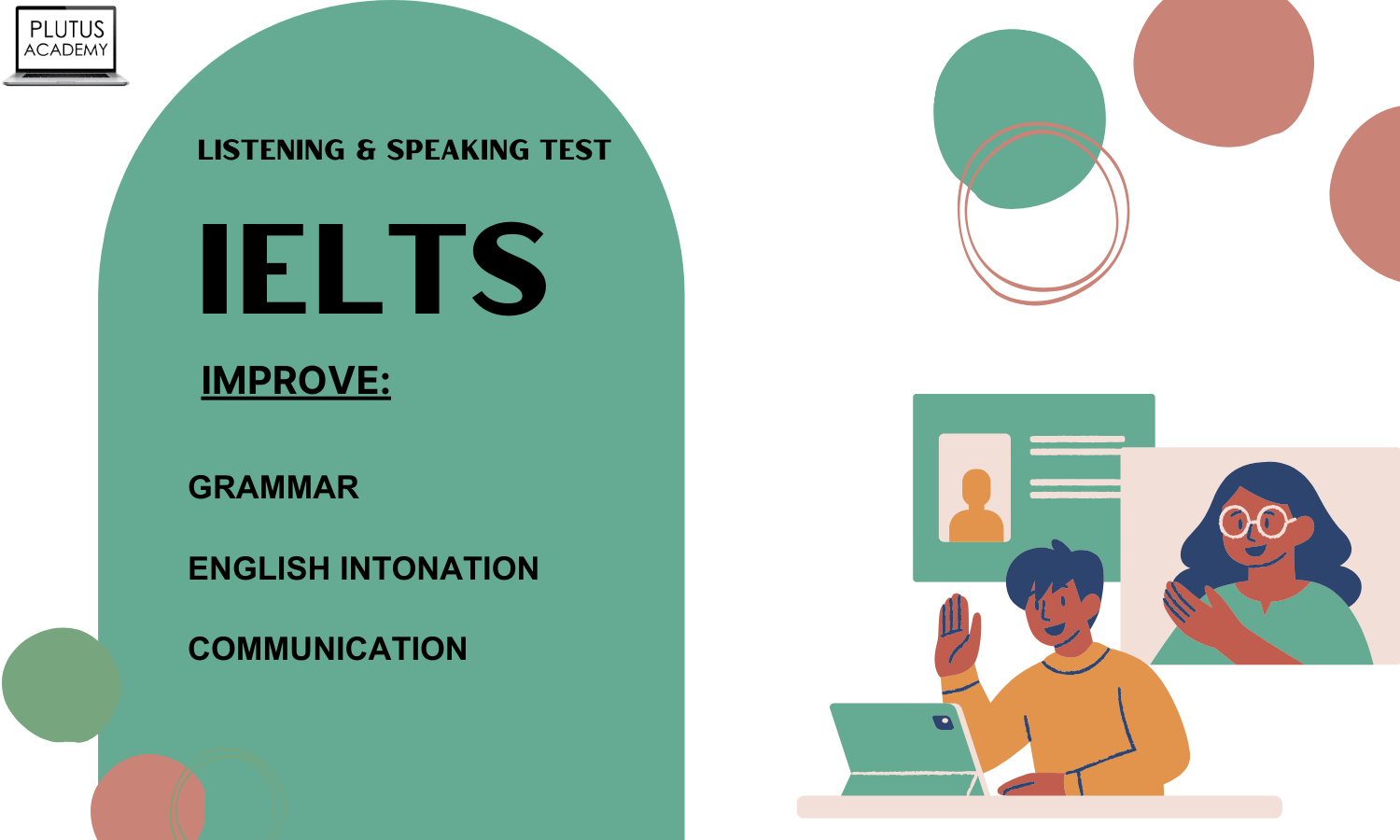
Preparing for IELTS and not knowing about English intonations in English can get you a bad band score. When studying for IELTS listening and Speaking test, grammar and intonation go hand in hand. The tone in which you deliver your thoughts plays a huge role in the impact you create on the other person. Let me give you an example.
You walk into a shop and approach the counter. With genuine curiosity, you ask, “Where is the chocolate section?” The person behind the counter rolls their eyes and in a monotonous, disinterested tone, replies, “DOWN TO THE LEFT.”
You enter another shop and approach the counter with the same question. You inquire, “Where is the chocolate section?” The person behind the counter responds with a warm smile and a polite, friendly tone, “Ma’am, it’s down to the left.”
In both cases, the words spoken are the same, but the English intonation patterns carry completely different emotions and moods. In the first scenario, the person’s lack of enthusiasm is conveyed through the dull intonation. The falling tone at the end of the response lacks warmth and makes you feel unwelcome. The negative undertone and lack of politeness might leave you with a sense of discomfort. It might even discourage you from revisiting the shop. Whereas in the second scenario, with its polite and friendly intonation, leaves a positive impact and encourages a sense of connection and comfort.
What is Intonation?
Intonation is the way in which you speak a language. Stressing specific words within a sentence significantly influences its meaning and emotional tone. For instance, the same words “I didn’t say he stole the money” can convey different meanings based on which word is emphasized: “I didn’t say he stole the money” implies someone else did, while “I didn’t say he stole the money” suggests denial of theft involvement. Intonation shapes communication, adding depth and emotion to conversations.
Also read: Avoid These Common Grammar Mistakes In IELTS
How To Improve Your English Intonation For IELTS Speaking And Listening Test?
In order to get the English intonation right in English grammar, you must know the language well. Only by understanding the sense of each word will you be able to sync up your thoughts with what you want to convey. Other than this you can also join IELTS coaching. The coaching institutes are equipped with structured guidance with proper regular classes and practice materials. Plutus Academy is the best example of this. We are talking about the best IELTS coaching in India – Plutus Academy is the first choice for every IELTS aspirant.
Other than this, you can also listen to YouTube videos and Spotify audio to understand the different tones of speeches. To practice, you should record your speech and listen to it to understand your tone, whether or not it is conveying the emotion you had intended to speak in. By doing the above following things you can improve your IELTS listening and speaking skills.
Also read: IELTS Listening Test | Explained
Conclusion
IELTS is a tricky test, if you do not know the importance of intonation and grammar in English. Both of these elements play a crucial role in effective communication. In the IELTS listening and speaking tests, intonation can help you convey your ideas clearly and accurately, while grammar can help you structure your sentences in a way that is easy to understand.
Join Plutus Academy to understand the nuances of English speaking. In just 4 weeks you will be IELTS ready. What are you waiting for? Come enroll yourself now!
